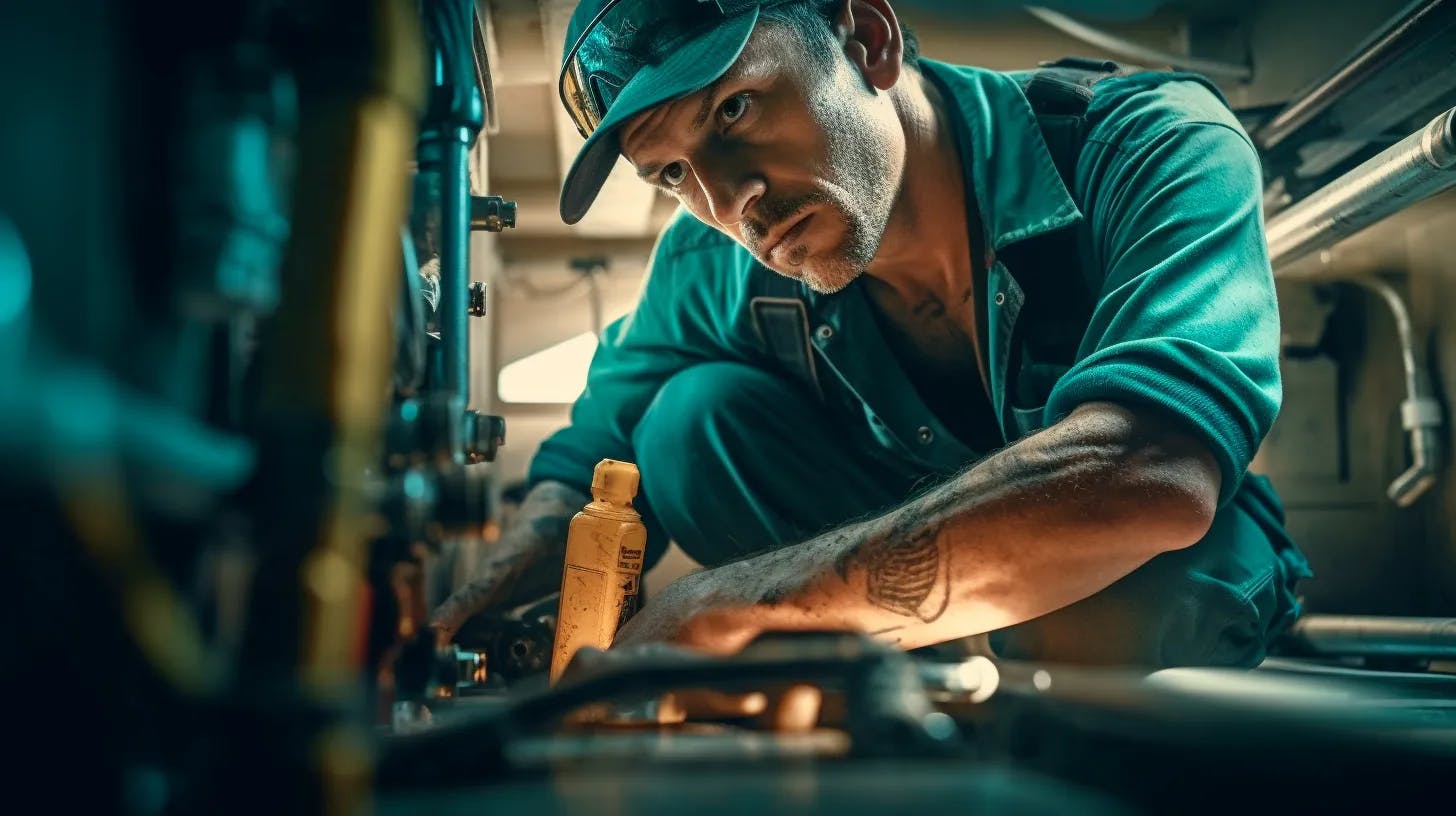Please note: This post contains affiliate links and we may receive a commission if you make a purchase using these links.
TABLE OF CONTENTS
Every Limited Liability Company has its own set of challenges. Depending on the kind of business you’re looking to start, you may be required to file additional paperwork, meet additional requirements or apply for specific licenses inherent to your business model.
Any business looking to serve alcohol will need to apply for a license accordingly. If you’re opening a bar or brewery, this should already be on your radar — but even those looking to open something like a catering business may need to explore how to get a liquor license to ensure they’re in compliance.
It's also important to realize that there are different types of licenses (liquor, beer and wine, etc.), which we'll discuss shortly. First, let’s walk through the basic information you should know before you get any further along in the process of launching your new venture.
Assessing Your Needs
You can’t protect your business if you don’t first educate yourself about the different kinds of liquor licenses. Depending on the state you’re based in, your options may vary. For instance, some states may limit the number of licenses they can distribute to businesses in a given area. In this case, you may run into more trouble getting your hands on one.
You should reach out to your state’s Alcoholic Beverage Control (ABC) agency for concrete details, but generally, you’ll want one of two types of licenses to sell alcohol on site:
- If the liquor you sell is intended to be consumed at your location (e.g., bars, nightclubs, etc.), then you’ll need what is called an on-license.
- Businesses that sell liquor to be taken elsewhere for consumption (e.g., liquor stores, grocery stores, etc.) should opt for an off-license.
Likewise, most states will ask you to choose which class of license you want based largely on your business model and the type of beverages you sell.
- A restaurant license can sell any type of alcohol, but may be limited by how much of its total earnings are derived from alcohol sales.
- A tavern license is given more leeway with how much of its profits come from alcohol sales versus food sales.
- If you’re looking to only sell beer and wine (not hard liquor), there’s a license specifically for that as well.
State of Affairs
Though you'll have to confirm with your state, here's a bit about what to expect depending on your location. As mentioned, your best resource is your state’s ABC agency, since this body makes all rules regarding alcohol.
Some states actually have “dry counties” that prohibit the sale of alcohol altogether, so you definitely want to confirm that your business doesn’t fall into one of these alcohol-free zones.
Liquor license laws decide who can purchase alcohol, when it can be sold, what types you can sell, how many and in what container you can sell, how much it costs and, of course, license fees and quotas.
Quotas are usually decided based on population. If more people live in an area, then additional liquor licenses may be granted. Some states actually exercise alcohol control, meaning that liquor is only available for purchase at stores run by the state itself, rather than by private retail establishments.
If you’re looking for a bit of guidance on how much liquor licenses cost by state, bear in mind the number of factors impacting that total. Aside from the fact that each state has varying requirements, you might need to jump through several different bureaucratic hoops (federal, state, local, etc.) to be in compliance with the law. Then there’s the matter of which types of liquor license you’ll need to open your business to your satisfaction.
Applying Yourself
Once you’ve identified the correct course of action to secure your liquor license, it’s time to begin the application process. Given how complicated it can get (and how long approval may take), it’s always better to start earlier than you think you’ll need to. In some cases, you might wind up waiting for nearly a year. So make the potential need for a liquor license one of the first steps you take as you formulate your business plan.
In addition to the required forms and documentation, you’ll need to include an outline of your business with your application. As we’ve discussed, the type of business you have will often dictate the license you need. More specifically, how integral alcohol sales are to your business model, what kind you’re looking to sell and where it will be consumed are key factors that will guide your application process.
Although you may be able to get a license for just a few hundred dollars, they can also be quite expensive. If you’re based in a state that has existing license quotas, your only option may be to purchase one directly from another license holder — this tends to be one of the costlier routes. If you wind up having to do this, be sure to protect your own investment and have a lawyer review the paperwork first.
Even after you submit your application, you will need to post a notification of your pending application onsite (or in local publications) for a predetermined amount of time, at which point anyone may contest your application. If this does happen, you could be subject to a public hearing, where you’ll be expected to defend your decision.
Moving Forward
Now that you’ve learned a little more about what’s involved in obtaining a liquor license, we hope you have a better idea about how you should go about securing one for your business. Bearing in mind that the exact process varies from state to state, you can at least more confidently pursue the license that fits your needs. But once you do obtain it, remember that you still need to maintain your standing in order to keep it active.
Each year, you’ll need to renew your liquor license, and if you don’t keep it updated, you may wind up facing revocation. Likewise, if you commit any violations — such as selling liquor to a minor or allowing your workers to partake of alcohol onsite — you may lose your license that way as well. Ultimately, you need to ensure that your business has all the licenses and permits it requires to be compliant with the law.
If you have any questions about how to get all the licensing requirements handled for your business, consider turning to Bizee. Our extensive resources make it so much easier to build your business to last, and we have a Business License Research Package that can do all the digging for you. To learn more about how we can help start your company or manage it as it grows, check out our website today!
Robert Yaniz Jr.
Robert Yaniz Jr. has been a professional writer since 2004, including print and online publications. Much of his experience centers on the business world, including work for a major regional business newspaper and a global law firm
like what you’re reading?
Get Fresh Monthly Tips to Start & Grow Your LLC






